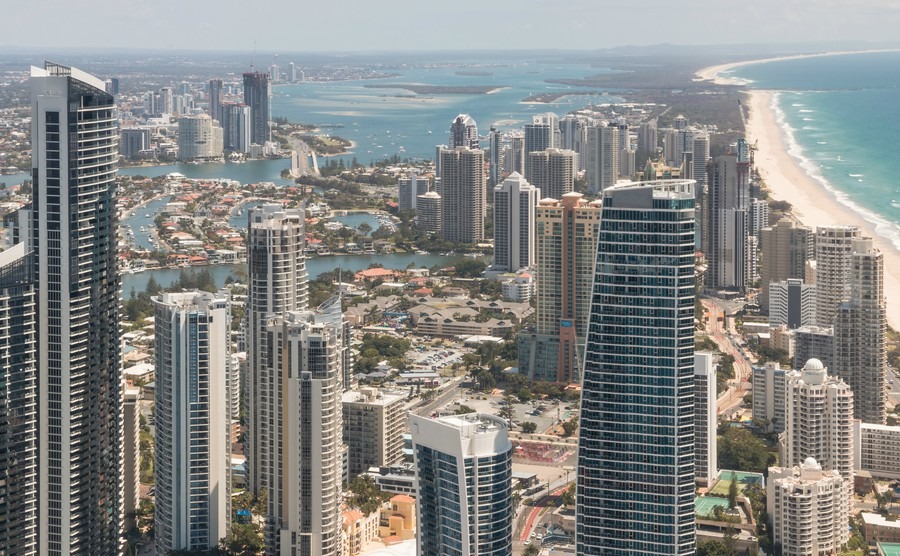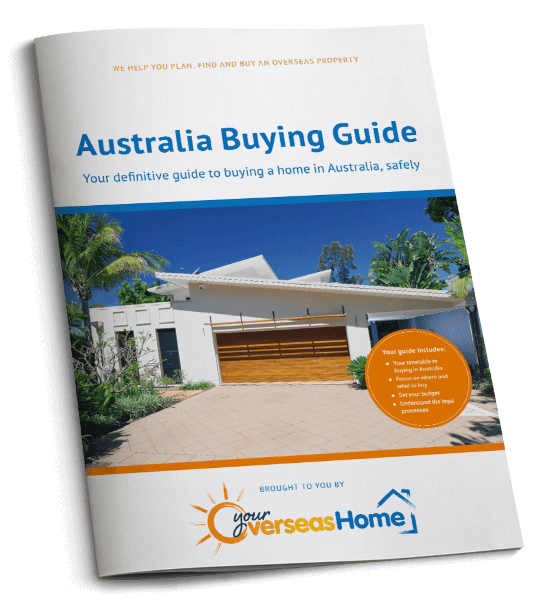Understanding what you can buy, the regulations that may affect you and the tax implications is a must when investing in Australian property.
Are you looking to invest in Australian real estate? You are not alone. Many people from around the world choose to buy in Australia due to the appeal of the country, the stability of the economy and the strong returns that the property market historically yields. The process of buying property in Australia differs depending on if you are a citizen, resident, temporary visa holder or non-resident. The information below is more geared towards non-resident buyers. Permanent and temporary residents of Australia usually have the same rights to acquire property as Australian citizens, as long as residency requirements are met.
Non-residents are not able to buy established dwellings in Australia.
1. New dwellings
Non-residents are not able to buy established dwellings in Australia. However, they are able to buy a new dwelling with Foreign Investment Review Board (FIRB) approval. A new dwelling is considered anything that hasn’t been lived in before, and does not include renovated or refurbished properties. There is a restriction on how much of a new development (pre-construction) can be sold to foreign buyers. Currently only 50% of the total inventory can be purchased by non-residents of Australia. If you are looking to purchase an established home in Australia, certain residency requirements must be met first.

Queensland: non-residents can only purchase new-builds.
2. Stamp duty
When purchasing property in Australia, stamp duty must be paid by all buyers, which is sometimes called land transfer duty. The amount foreign buyers pay is higher than citizens and residents of Australia. The stamp duty rates differ between states and went up significantly in 2017, in an effort to cool the real estate market which was being stimulated by significant overseas investment. Stamp duty is a tax calculated on the purchase price of the property. There are online stamp duty calculators to help determine how much will need to be paid on your investment.
As we enter the depths of another British winter, now is the time to make serious plans to emigrate. Download our Emigration Guide today!
3. Buying outside of capital cities
Many non-resident buyers choose to purchase in capital cities like Sydney and Melbourne. However, looking just outside of major cities will save a lot on the initial investment, with great rental returns and appreciation possible. As with most cities in the world, urban sprawl is seeing development being pushed further outside of the city core. There are some great areas outside of cities that provide excellent investments. Generally anything near public transportation, a shopping centre, beach, good schools or a university is a safe investment.
4. Registering with the Financial Investment Review Board
Non-residents and temporary visa holders must register with the FIRB before purchasing property in Australia. The FIRB is a government entity responsible for ensuring foreign property investment conforms to government requirements, and that investors receive the guidance and support they need when purchasing property in Australia. Getting approval from the FIRB is straightforward and typically takes about two weeks after lodging an application.
Non-residents and temporary visa holders must register with the FIRB.
5. Tax implications
When buying property in Australia you will need to determine your tax status in Australia, which will affect how much tax you pay in Australia and at home. Income Tax rates , tax-free thresholds, Medicare levy taxes and capital gains tax are all issues that should be discussed with a tax professional when deciding to invest in Australia.
6. Is it a safe place to invest?
Australia is typically considered a safe place to invest in property, hence the popularity of the country with foreign buyers. Although there are some barriers to buying in Australia, citizenship and the formation of a company is not required. The process to get approved by the FIRB is quick and inexpensive and there’s minimal political, economic or social insecurity that could threaten an investment. Australian properties have enjoyed consistent capital growth with property prices doubling every seven to ten years. Population growth, housing undersupply and investment appeal are some drivers of Australia’s strong housing market. Besides being a good financial investment, Australia is a desirable place to live, attracting people from around the world wishing to invest in the Australian lifestyle.
If you’re making the move, you should speak to a currency and payments specialist about how to get money sent to you in Australia. We recommend Smart, ranked highest on Trustpilot for money transfer and currency exchange.
Understanding regulations, processes and implications is important as a non-resident buyer investing in property in Australia. Getting the professional support from tax agents, payment specialists, real estate agents and lawyers is always advised before buying in any country. Although Australia is similar to the UK in a lot of ways, it’s always important to get specialised advice concerning a property investment from the outset.







